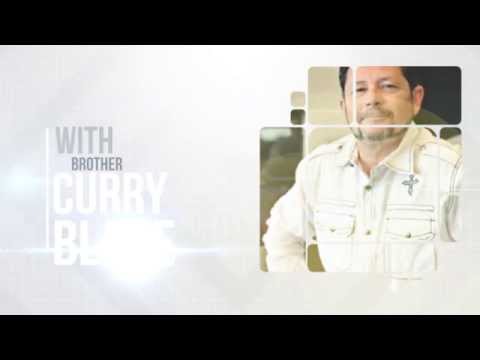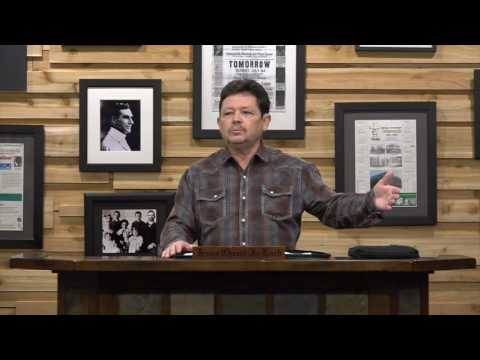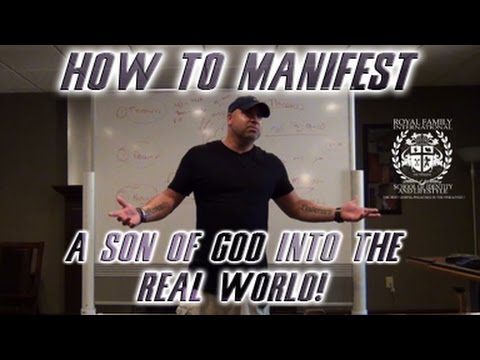HOW TO PRAY EFFECTIVELY

Prayer is always a topic in the church today. It is the bloodline for every Christian. We can only talk to God through prayer. Remember fellowshipping, singing etc are all considered as prayer. So what then is the definition of prayer.
Simply put, prayer is talking to (the act of communion with) God. Prayer doesn’t have to be lengthy, fancy or shrouded in religious verbiage, it just needs to be sincere and from the heart. God spoke to Moses and vice versa “face to face, as a man speaketh unto his friend.” (Exodus 33:11) A relationship is only as strong as its communication and our relationship with God is facilitated through prayer. Prayer, however, should be a two-way conversation—a dialogue not a monologue. Tennis provides a helpful analogy.
You cannot play tennis with one player very well. Someone must return the ball once you hit it over the net. So it is with prayer. There should be give and take. Once we have poured out our heart to God, we should wait and be quiet in His presence and listen for His answer.
• The Practice of Prayer:
Prayer should be as normal to the believer as eating and sleeping. The Reformer Martin Luther said, “To be a Christian without prayer is no more possible than to be alive without breathing.” Prayer should not be just a crutch in a crisis, but a consistent lifestyle.
How often should we pray? The Psalmist David wrote, “Evening, and morning, and at noon, will I pray…” (Psalm 55:16) The Prophet Daniel had a similar regimen, “Daniel kneeled upon his knees three times a day, and prayed, and gave thanks before his God.” (Daniel 6:10) Paul raised the bar even higher when he instructed us to “Pray without ceasing.” (I Thessalonians 5:17) In other words, always remain in an attitude or mindset of prayer. So prayer should not only be a daily discipline but an open-ended and ongoing conversation between us and God.
• The Purpose of Prayer:
The purpose of prayer is not to inform God for “your Father knoweth what things ye have need of, before ye ask him.” (Matthew 6:8) Rather, it is to invite God to be involved in every aspect of our lives. The Lord’s Prayer in Matthew’s Gospel (6:9-13) is only 66 words long. In this pattern prayer given to His disciples, Jesus outlined several important purposes for prayer:
1. To perpetuate a relationship: “Our Father which art in heaven…”
The term Father indicates a relationship. So prayer is a vehicle through which we can nurture and maintain close fellowship with God. We do not pray to a distant, impersonal force out in the universe, but to our intimate, loving, heavenly Father.
2. To praise God’s name: “Hallowed be Thy name…”
The word hallowed means to make holy, to sanctify, to venerate or consecrate. Notice the prayer begins with praise. The proper way to approach God is with an attitude of gratitude. “Enter into His gates with thanksgiving, and into his courts with praise…” (Psalm 100:4)
3. To promote God’s kingdom and will: “Thy kingdom come, Thy will be done in earth as it is in heaven…”
God’s will is for all humanity to be saved. His kingdom is His rule, dominion or authority. Prayer helps facilitate the fulfillment of God’s will and the advancement of His kingdom in the earth.
4. To petition God for personal needs: “Give us this day our daily bread…”
Pay attention to the all-inclusive words our, us and we, used eight times in this pattern prayer. This is not a selfish, exclusive prayer; it is inclusive of the needs of others. Certainly we should present our own personal needs in prayer. But the key to having our needs met is often interceding for the needs of others— “And the LORD turned the captivity of Job, when he prayed for his friends.” (Job 42:10)
5. To pardon us of sin: “Forgive us our debts, as we forgive our debtors…”
A true prayer of confession and repentance garners forgiveness. However, our capacity to receive forgiveness hinges on our willingness to extend it. Jesus expressed this principle in the beautiful Beatitude, “Blessed are the merciful: for they shall obtain mercy.” (Matthew 5:7)
6. To prevent us from falling and protect us from evil: “Lead us not into temptation but deliver us from evil…”
Either prayer will keep us from sinning or sin will keep us from praying! “Watch and pray, that ye enter not into temptation: the spirit indeed is willing, but the flesh is weak.…” (Matthew 26:41) Prayer keeps us strong in order to resist temptation and sensitive to the Holy Spirit to help us shun the very appearance of evil.
7. To praise God again: “For Thine is the kingdom, and the power, and the glory, forever, amen.”
Notice how this prayer starts and ends with praise. I call it a “praise sandwich” because the petitions are
“sandwiched” between two periods of praise. So the proper way to pray is to begin with praise and finish
with praise for what God has done and will do.
By Ben Godmen
share with friends and family



